India wins Asia Cup, refuse to receive trophy from ACC chief Mohsin Naqvi
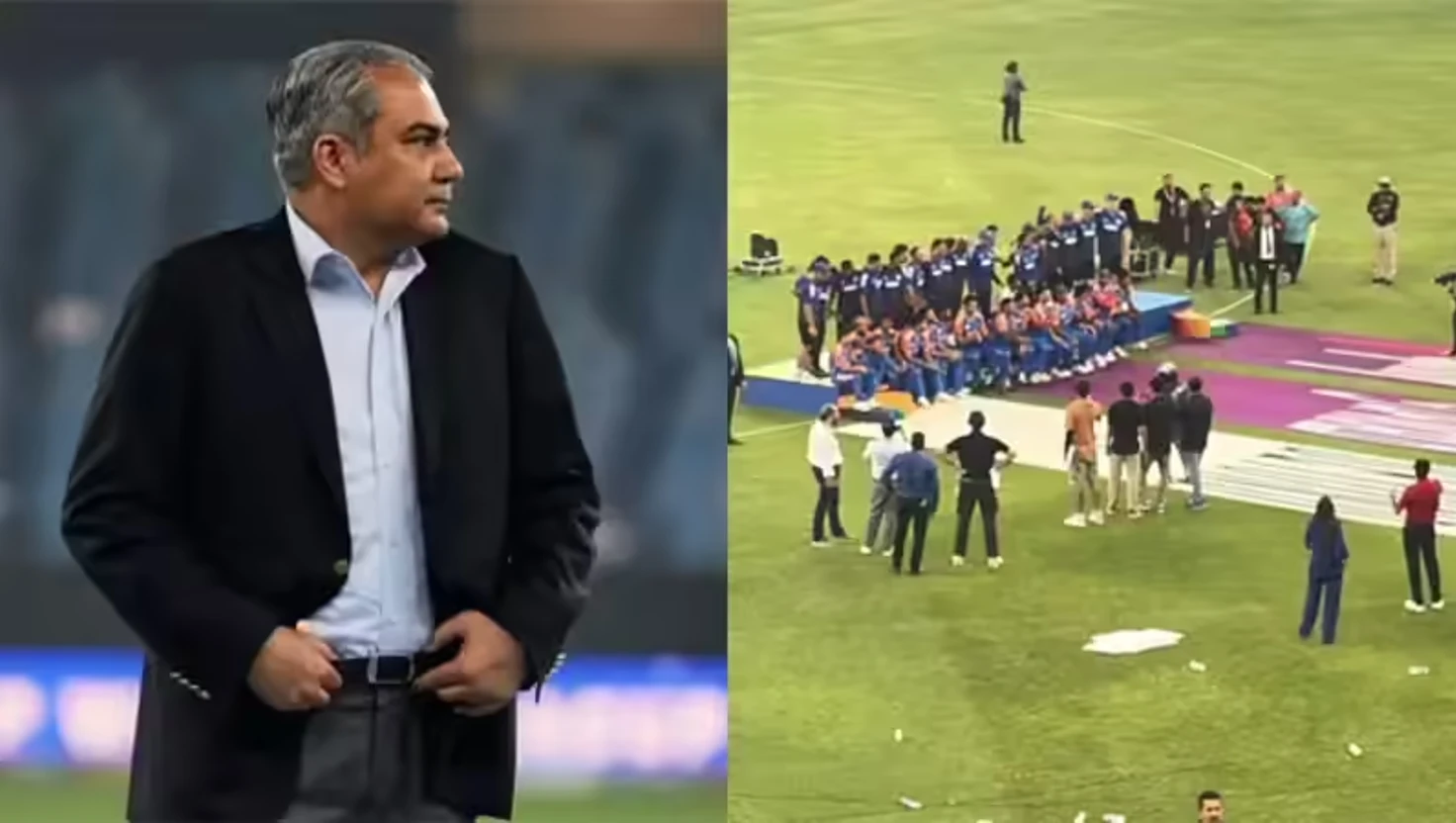
India Declines Asia Cup Trophy Amid Controversial Presentation
India's cricket team refused the Asia Cup trophy from ACC chief Mohsin Naqvi, leading to an unprecedented presentation ceremony drama.
In a remarkable incident following the Asia Cup 2025 final, the Indian cricket team opted not to receive the tournament trophy after defeating Pakistan by five wickets in Dubai. The refusal was aimed at Asian Cricket Council (ACC) president Mohsin Naqvi, who was representing Pakistan in his dual role as the country’s interior minister.
The ceremony was notably chaotic, marked by significant delays and fan unrest. The Indian squad, led by captain Suryakumar Yadav, stood at a distance from the stage, firmly declining to participate in the award presentation if Naqvi was the one to present the trophy.
Tense Atmosphere
After a tightly contested match, where India successfully chased down a target of 147 runs, tensions escalated when the Pakistan team remained in their dressing room for nearly an hour post-match. This delay forced the presentation ceremony to be halted, much to the frustration of fans, many of whom stayed to witness the awards.
As Naqvi approached the stage, the crowd reacted negatively, chanting “Bharat Mata Ki Jai” in unison. The Indian team had reportedly communicated their stance to the ACC prior to the presentation, making it clear that they would not accept any award in the presence of Naqvi.
According to reports, when Naqvi finally took his place at the podium, he was met with resistance from the Indian players. An official announcement was eventually made, stating that the Indian team would not be collecting their awards, leading to a swift conclusion of the ceremony.
A Historic Moment
This incident marks a significant deviation from traditional cricket award ceremonies, where the winning team is typically presented with their trophy without incident. Despite the unusual circumstances, Indian players were recognised individually for their achievements during the tournament. Tilak Varma was awarded Player of the Match for his unbeaten 69 runs, while Kuldeep Yadav and Shivam Dube also received accolades for their contributions.
Following the decision to skip the trophy presentation, Indian officials were informed that an organiser had taken the trophy away, allegedly transporting it to the Indian dressing room amidst the turmoil. This unprecedented situation has ignited discussions about sportsmanship and the influence of politics on sports events.
Context of the Refusal
The backdrop of this refusal lies in the ongoing tensions between the two nations, which have impacted cricketing relations for years. The Indian team had already demonstrated its disapproval during the tournament by declining to shake hands with their Pakistani counterparts and eschewing group photo opportunities before matches.
Another layer of complexity arose when Naqvi had previously engaged in contentious social media exchanges, referencing incidents that further inflamed tensions. Sources suggest that the Indian team’s rejection of Naqvi was a calculated statement against a backdrop of strained diplomatic relations.
Conclusion
As India celebrated its record-extending ninth Asia Cup title, the evening will be remembered for much more than the cricket played on the field. The dramatic trophy presentation saga, underscored by political undercurrents, highlights the intersection of sport and international relations, illustrating how such events can transcend the game itself. With ongoing discussions likely to ensue, the incident serves as a reminder of the emotive power that cricket holds in the region.
While the Indian cricket team may have walked away without the trophy in hand, their victory on the field showcased their prowess in a match that will not soon be forgotten. Fans and commentators alike will continue to scrutinise the implications of these actions as discussions surrounding the future of cricket diplomacy evolve.
The ceremony was notably chaotic, marked by significant delays and fan unrest. The Indian squad, led by captain Suryakumar Yadav, stood at a distance from the stage, firmly declining to participate in the award presentation if Naqvi was the one to present the trophy.
Tense Atmosphere
After a tightly contested match, where India successfully chased down a target of 147 runs, tensions escalated when the Pakistan team remained in their dressing room for nearly an hour post-match. This delay forced the presentation ceremony to be halted, much to the frustration of fans, many of whom stayed to witness the awards.
As Naqvi approached the stage, the crowd reacted negatively, chanting “Bharat Mata Ki Jai” in unison. The Indian team had reportedly communicated their stance to the ACC prior to the presentation, making it clear that they would not accept any award in the presence of Naqvi.
According to reports, when Naqvi finally took his place at the podium, he was met with resistance from the Indian players. An official announcement was eventually made, stating that the Indian team would not be collecting their awards, leading to a swift conclusion of the ceremony.
A Historic Moment
This incident marks a significant deviation from traditional cricket award ceremonies, where the winning team is typically presented with their trophy without incident. Despite the unusual circumstances, Indian players were recognised individually for their achievements during the tournament. Tilak Varma was awarded Player of the Match for his unbeaten 69 runs, while Kuldeep Yadav and Shivam Dube also received accolades for their contributions.
Following the decision to skip the trophy presentation, Indian officials were informed that an organiser had taken the trophy away, allegedly transporting it to the Indian dressing room amidst the turmoil. This unprecedented situation has ignited discussions about sportsmanship and the influence of politics on sports events.
Context of the Refusal
The backdrop of this refusal lies in the ongoing tensions between the two nations, which have impacted cricketing relations for years. The Indian team had already demonstrated its disapproval during the tournament by declining to shake hands with their Pakistani counterparts and eschewing group photo opportunities before matches.
Another layer of complexity arose when Naqvi had previously engaged in contentious social media exchanges, referencing incidents that further inflamed tensions. Sources suggest that the Indian team’s rejection of Naqvi was a calculated statement against a backdrop of strained diplomatic relations.
Conclusion
As India celebrated its record-extending ninth Asia Cup title, the evening will be remembered for much more than the cricket played on the field. The dramatic trophy presentation saga, underscored by political undercurrents, highlights the intersection of sport and international relations, illustrating how such events can transcend the game itself. With ongoing discussions likely to ensue, the incident serves as a reminder of the emotive power that cricket holds in the region.
While the Indian cricket team may have walked away without the trophy in hand, their victory on the field showcased their prowess in a match that will not soon be forgotten. Fans and commentators alike will continue to scrutinise the implications of these actions as discussions surrounding the future of cricket diplomacy evolve.
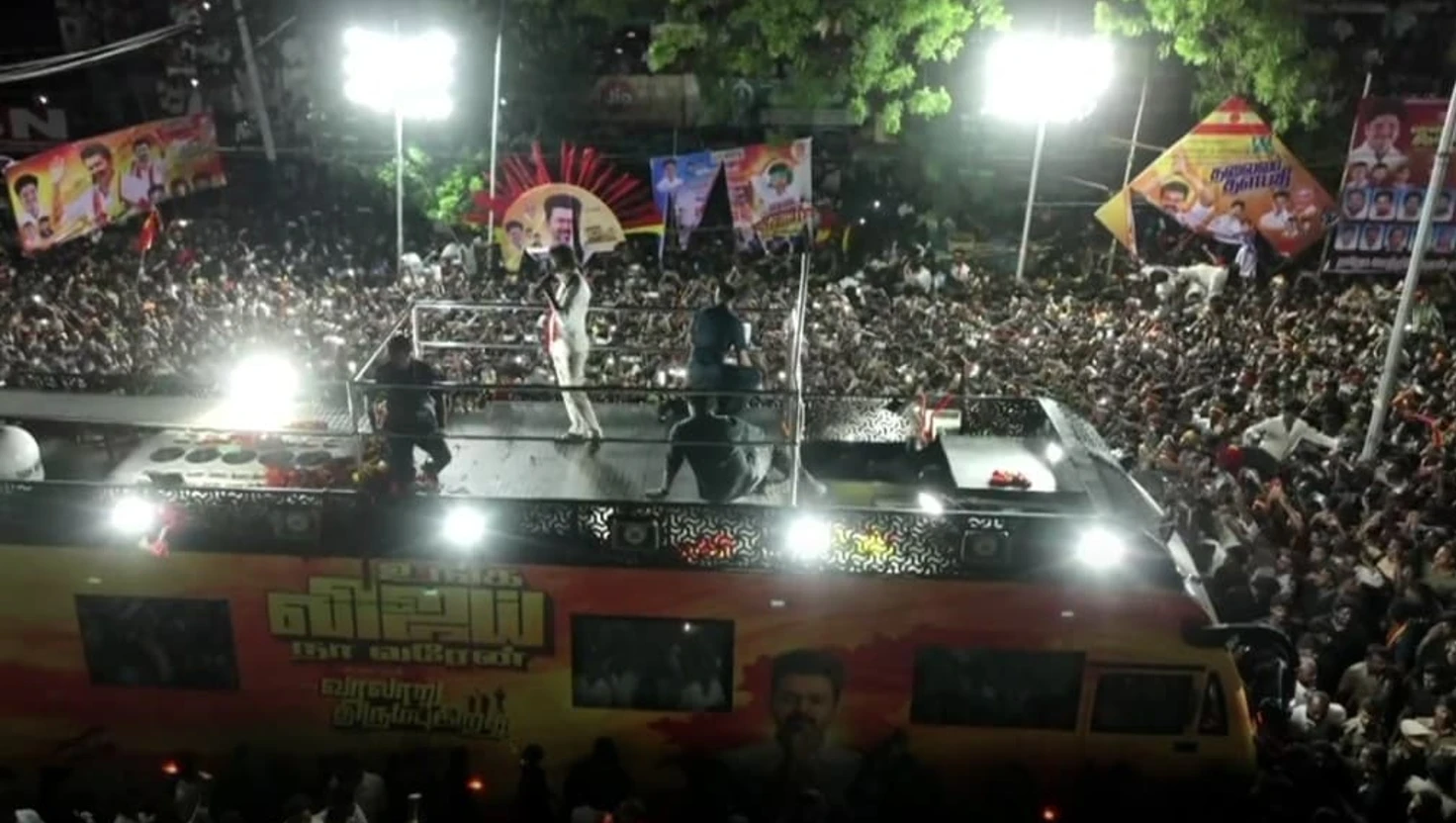
38 people, including 10 children, killed in Tamil Nadu stampede
A crowd surge at a rally for Tamil actor-turned-politician Vijay leads to fatalities and injuries in Tamil Nadu's Karur district. Investigations underway.
| 2025-09-28
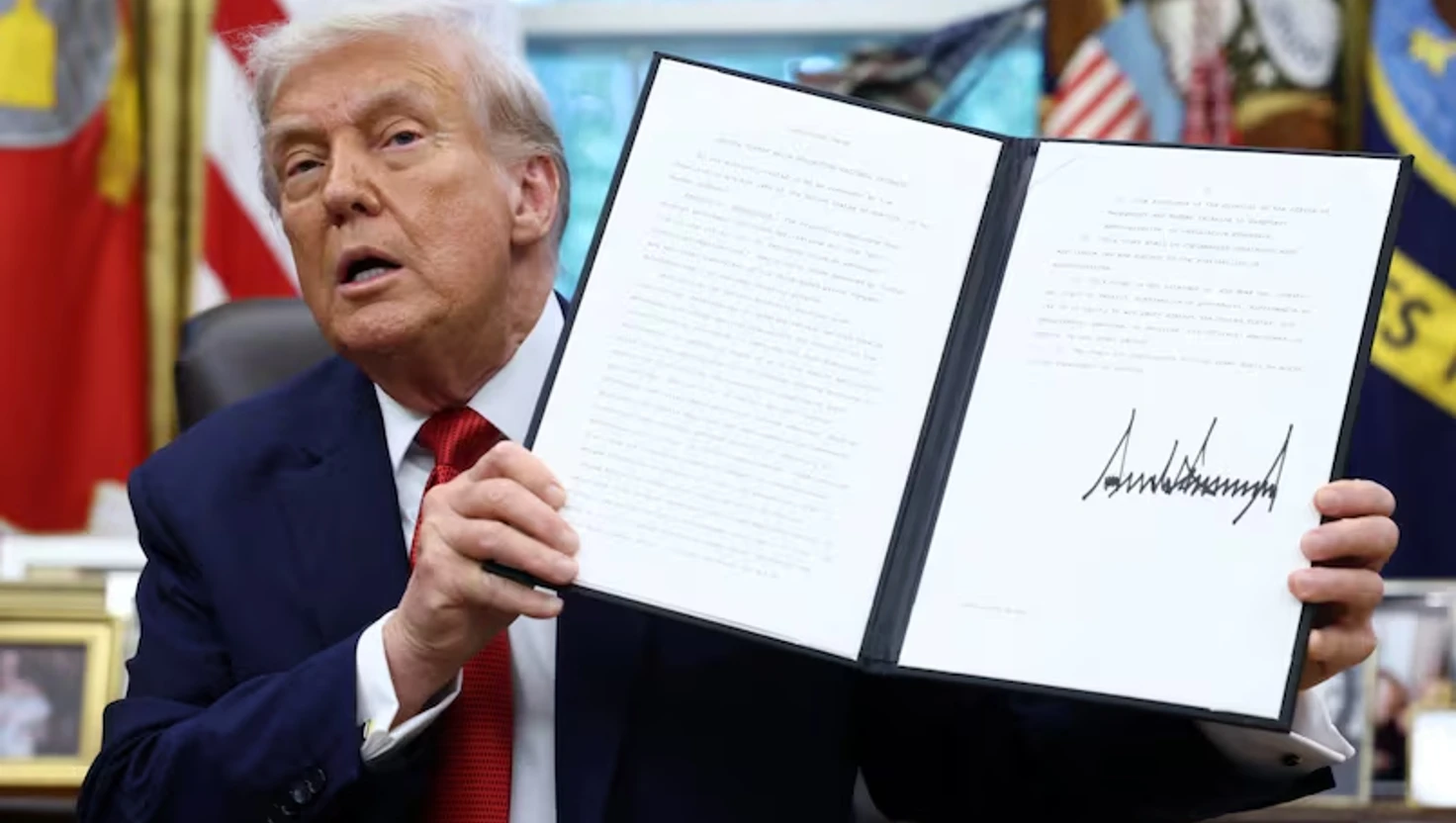
Trump signs executive order to transfer TikTok to American owners
President Donald Trump approves a deal to sell TikTok's US operations to protect data privacy and meet national security requirements.
| 2025-09-26

4 dead in Ladakh protests, govt alleges sabotage by 'politically motivated' elements
Four fatalities reported as statehood demonstrations escalate into violence in Leh, with significant injuries among protesters and police.
| 2025-09-25
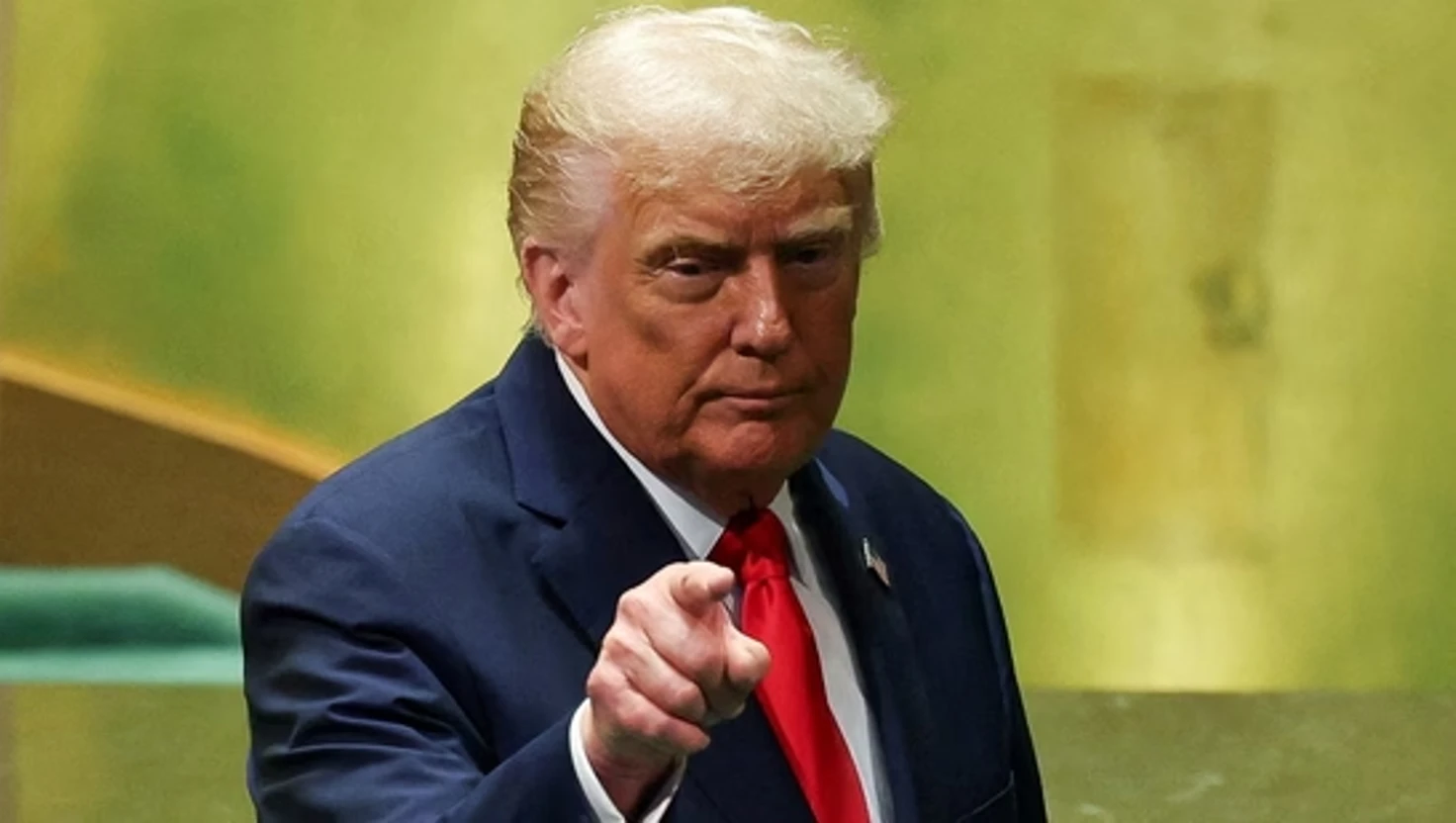
Trump hits out at India, China as 'main funders' of Ukraine war
US President Donald Trump targets India and China for funding Russia's Ukraine war during his UNGA speech, calling for strong tariffs against Moscow.
| 2025-09-24
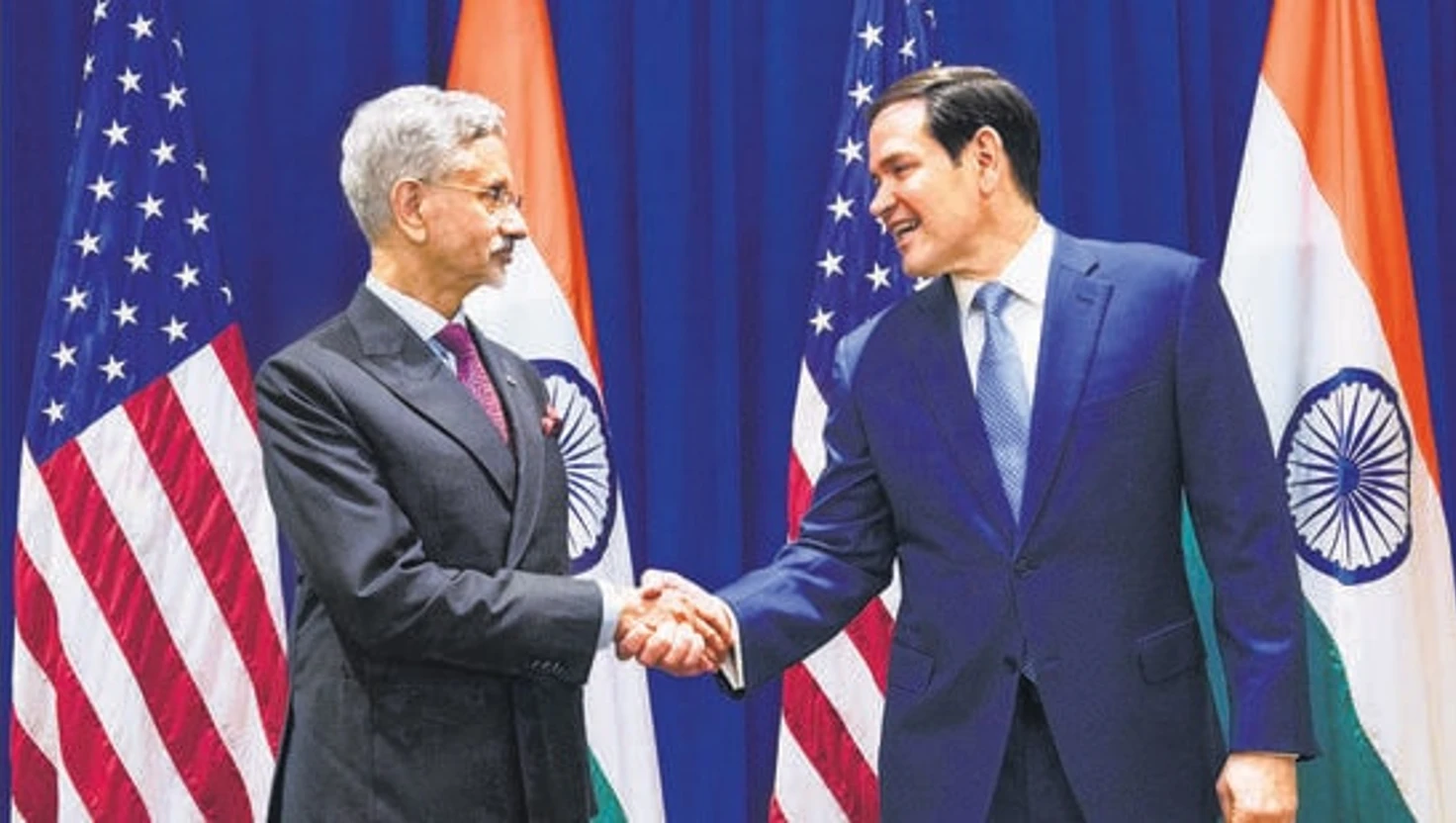
India's' relationship of critical importance for US, says Marco Rubio
US Secretary of State Marco Rubio and Indian Minister S. Jaishankar meet to discuss ties amid controversy over H-1B visa fees affecting Indian tech.
| 2025-09-23




